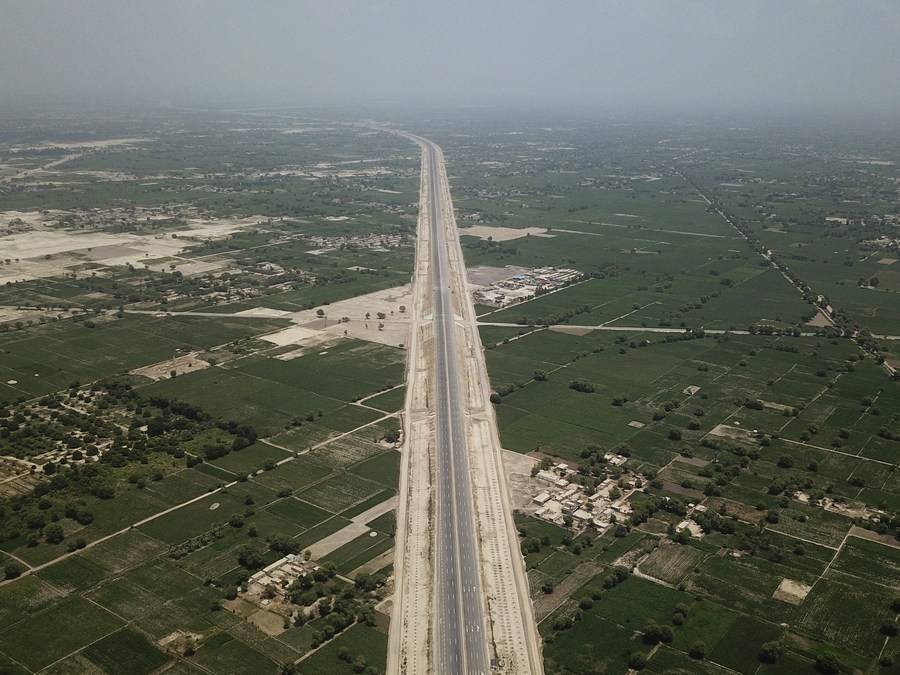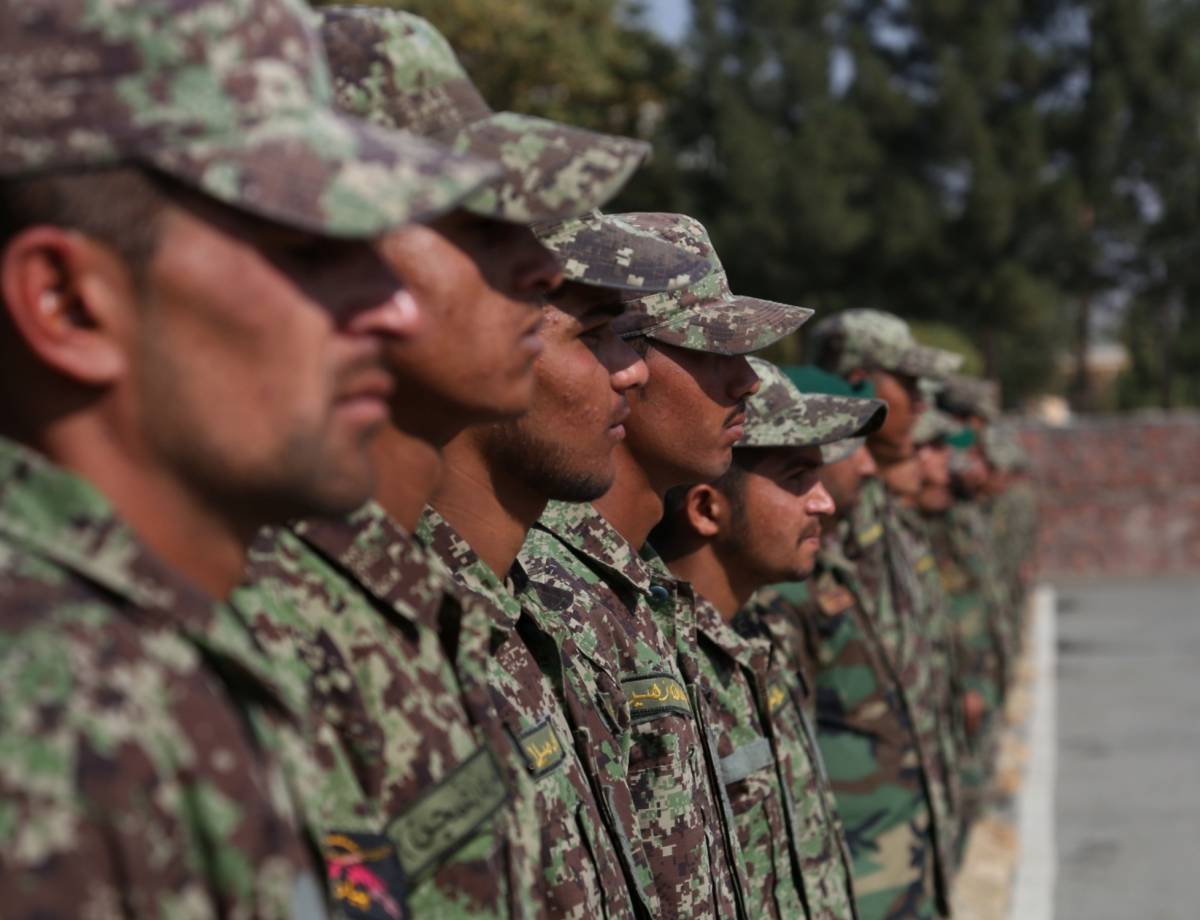With the addition of Gilgit-Shandur, Shandur-Chitral and Swat motorway, western corridor would be 1,617 km…reports Asian Lite News
Pakistan government on Wednesday decided to extend the Western Route of China Pakistan Economic Corridor (CPEC) to Gilgit via Swat, Chitral and Shandur.
With the addition of Gilgit-Shandur, Shandur-Chitral and Swat motorway, western corridor would be 1,617 km, reported Pakistan Today.
The meeting to extend the route was chaired by Federal Minister of Planning, Development and Special Initiatives Asad Umar. The meeting was attended by Gilgit-Baltistan (GB) Chief Minister Khalid Khurshid, Chairman CPEC Authority Asim Saleem Bajwa and other officials.
As per the earlier plan the Western Alignment of the CPEC was to be of 1,153 kilometres starting from Gwadar in Balochistan to Brahma Bahtar Interchange near Hasan Abdal, of Punjab province, reported Pakistan Today.
According to an official, through connecting Shandur-Chitral road project (172 km), Gilgit- Shandur route (212 km) and Swat Motorway (M-1) of 80 km with the Western Corridor, GB would be given an alternate route to existing Karakorum Highway to link with other provinces of the country.
It is pertinent to mention that all routes of the western alignment go through remote areas where poverty rate is higher, jobs are less and industrial development and infrastructure is very low.
Pakistan in the name of development of these regions has given projects to CPEC despite the opposition from the peoples of the area.
Analysts have pointed out that several existential issues pose a serious challenge to the way CPEC is unravelled and executed in the region.
These include factors such as internal strife and sectarian conflicts within Pakistan, particularly in the insurgency-prone areas in Balochistan, where CPEC has made significant number of investments.

ALSO READ: India fast tracks ties with Tajikistan as China-Pak go all out
China-driven by its greed for power and resources has taken a calculated risk to establish its own ‘sphere of influence’ in the Gilgit Baltistan region. Sadly, however, this is being done at the cost of the environment, impacting local livelihoods and changing demographic structures while Pakistan, the country calls its iron brother, acting as a vassal state, surrenders its much-fought sovereign character to a culturally alien neighbour.
The CPEC, which is regarded as one of the most important components of the Belt and Road Initiative (BRI) initiative, has faced opposition from various political parties in Pakistan.
Pakistan Prime Minister Imran Khan-led government in May passed a bill for the establishment of the CPEC Authority despite strong opposition from members of Parliament.
According to experts, the bill contains sweeping powers and legal immunity to plan, execute and expedite projects being undertaken under the CPEC.
Apparently, China has forced CPEC Authority on Pakistan because it wanted the army to be directly involved in the CPEC portfolio as Beijing was reportedly irked with Khan’s slow movement on the project.
This bill comes at a time when the hype created by the government through projecting the CPEC as a panacea for all problems is rapidly losing steam. Struggling local businessmen lament that Chinese investor are cornering key domestic industries, state assets and businesses to the detriment of Pakistani players and interests. (ANI)














